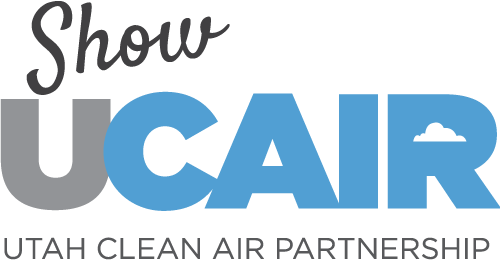During both the winter and summer months, being more energy efficient means reducing the amount of emissions your household is responsible for. Lowering the thermostat when the weather is cold and raising it when the temperature goes up will cut down your energy consumption. But how does that impact air quality?
Lowering your thermostat just two degrees (or raising it two degrees in the warmer months) significantly impacts the amount of carbon emissions your household produces. But if you’d like to worry less about manually adjusting your thermostat throughout the days, weeks and months, you should think about installing a smart thermostat in your home.
Smart thermostats are easy to install, simple to adjust (you may even use your phone), and will help you dramatically cut down on your energy consumption. You can create schedules based on when you’re home – for example, say you work on a busy schedule: You leave the house at 7 a.m., and usually don’t return until 6 p.m. While the house is empty, the smart thermostat knows this, and automatically adjusts the temperature so that less energy is being used to heat/cool the home. And, according to your normal schedule, the smart thermostat will readjust to your preferred temperature settings minutes before you return.
Sounds pretty energy efficient, right? That’s the idea!
What do Big West Oil, Maverik and smart thermostats have in common?
Let’s talk about how Big West Oil and Maverik are using smart thermostats to help Salt Lake County reduce household emissions into the atmosphere.
Maverik and Big West are sponsoring the Smart Thermostat Distribution program to install 200 smart thermostats in low income households, specifically Nest Thermostat E’s.
These Nest Thermostat Es cut heating bills by 10% to 12% and cooling bills by 15%. That’s equivalent to saving $135 to $145 a year!
This existing program is part of the Salt Lake County Green and Healthy Homes Initiative, a national movement to implement housing strategies for creating healthy, safe, energy efficient homes for low-income families.
Not only will 200 Salt Lake Valley homes be more energy efficient, but Big West and Maverik will also be helping the Salt Lake City community achieve its goal to cut emissions by 80% and transition to 100% renewable energy.
There’s so much we can all do to reduce our emissions and help clear Utah’s air. Learn more about how you can Show UCAIR at https://www.ucair.org/.

